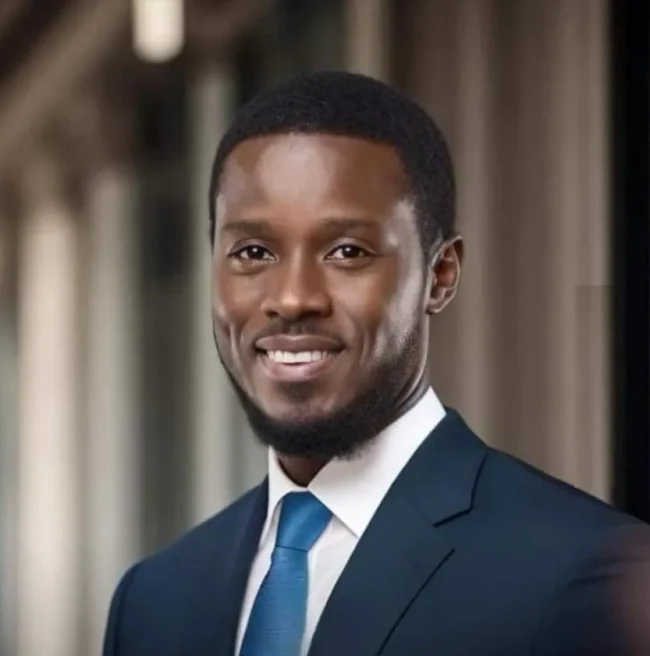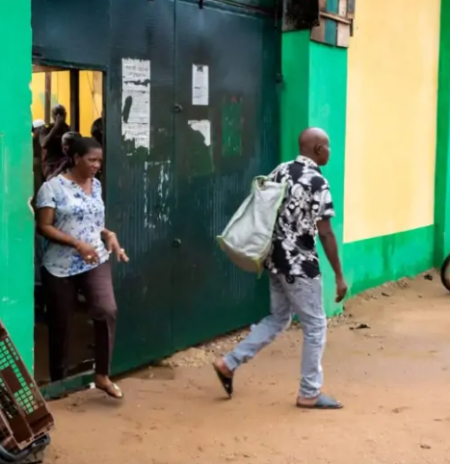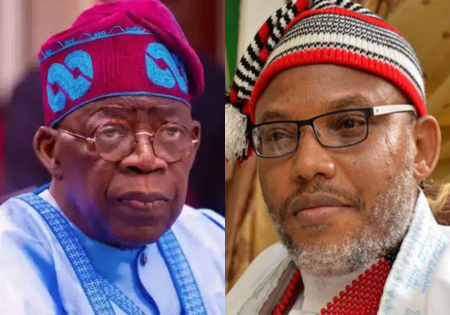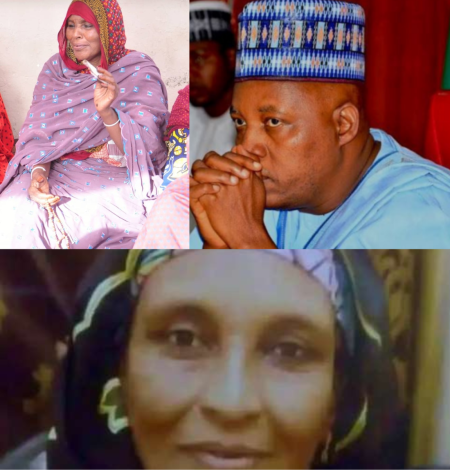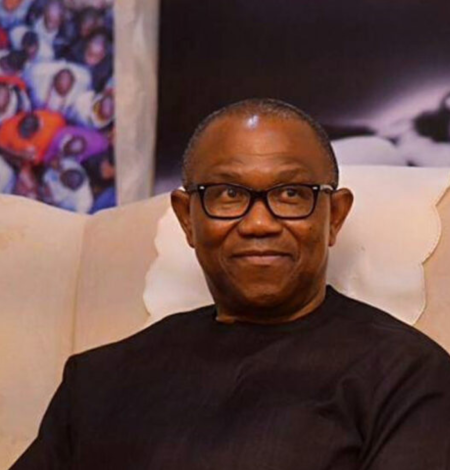Senegalese President-elect Bassirou Faye’s declared assets including a house, two cars, and other items.
The recently elected president of Senegal, Bassirou Diomaye Faye, revealed in a publication that he released on March 22, 2024, only two days before the election, that he had a house and two cars.
In Sunday, March 24, 2024, the 44-year-old candidate won the presidential election, making history as the youngest democratically elected leader of a West African nation. In “Heritage Declaration of the Candidate Bassirou Diomaye Diakhar Faye,” the president-elect listed all of his possessions and debts as of October 7, 2007.
According to Faye, he owned a single house that was built on a 200 m2 land in Mermoz that was given to him by the tax union (it has been a family home since 2021). Using loans in addition to personal funds, the house was constructed between 2017 and 2021. He also revealed ownership.
As the president of Senegal reveals his assets, call on African leaders to imitate Faye.
African Leaders Are Pressed to Take President Faye’s Lead on Transparency
African politicians have been urged by the Resource Centre for Human Rights and Civic Education (CHRICED) to openly declare their assets in order to follow Senegal’s new president Bassirou Diomaye Faye’s example of transparency. This plea was made in a statement that was made public on Tuesday in conjunction with Faye’s inauguration as president.
After winning Senegal’s presidential election on March 24, 2024, 44-year-old Faye became the country’s youngest democratically elected leader in West Africa. Amadou Ba, a former prime minister, was Faye’s major opponent in the governing coalition. Faye was running as the opposition African Patriots of Senegal for Work, Ethics, and Fraternity (PASTEF) candidate. Faye received 54.3 percent of the vote, defeating other candidates.
Comrade Ibrahim Zikirullahi, the Executive Director of The Resource Centre for Human Rights and Civic Education (CHRICED), commended President Faye for his choice to make his assets publicly known in a statement that was made public on Tuesday, April 2, 2024. Faye’s decision, which emphasizes a commitment to responsibility and transparency, provides a noteworthy example for other African leaders to follow, according to CHRICED.
“President Faye deserves praise from CHRICED for making the noble decision to disclose his holdings in public. This indicates his steadfast dedication to ensuring the well-being of the populace. Effective governance is based on the essential pillars of accountability and transparency. It raises questions about the motivations of elected and appointed government officials when they choose not to disclose their assets.
Senegalese President Faye received appreciation from CHRICED for his commitment to accountability and openness. They exhorted other ECOWAS leaders to follow his lead in promoting sound administration and upholding public confidence. Furthermore, CHRICED urged President Faye to restate his dedication to open, responsible, and accountable leadership. They underlined that preserving the rights and liberties of Senegalese citizens and maintaining the rule of law are essential principles.
Drawing attention to Senegal’s new commercial oil find, which is expected to increase the nation’s revenue, CHRICED recommended President Faye to put the welfare of Senegalese citizens and the national interest first when negotiating contracts and allocating the upcoming oil cash. They underlined the need of taking lessons from countries like Nigeria, where an abundance of oil resources did not result in better living conditions for the populace.
Furthermore, CHRICED noted that many West Africans saw ECOWAS as a presidents’ club designed to safeguard and preserve them personally. They emphasized that Faye’s leadership offers a new chance for young Africans to be involved in the ECOWAS Commission’s governance. The group asked Faye to concentrate on reviving ECOWAS, which was founded to encourage economic cooperation and unrestricted mobility in the area but has struggled with weak leadership and issues with legitimacy among its presidents.
This means that the “community of people” that was envisaged has not yet come to pass, even with the reforms that the ECOWAS Commission committed to implement. Rather, the region faces enduring problems like widespread inequality, widespread unemployment, poverty, accountability gaps, corruption, and growing instability that threatens regional democracy.
The statement conveyed the hope that President Faye will summon the resolve to lead and connect ECOWAS with the urgent needs of the people living in the region and its original goal.

